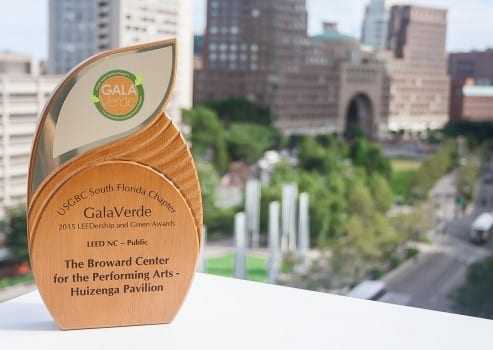
The environment came first, long before architecture and the buildings of society. At Wilson Butler Architects, we do not create architecture and design that stands alone. We create holistic designs that integrate with the community and the environment. These designs respect the symbiotic nature of the world and we understand the fact that human activity has an impact on our environment and in turn affects humanity. Therefore, no matter our client’s stated sustainability goals or LEED certification aims, we judiciously employ sustainable design principles to all our projects. For example, we often provide material specification options that meet LEED materials and resource as well as indoor environmental quality criteria such as reused materials, regionally sourced materials, FSC certified wood, low emitting materials, lighting control and thermal comfort options. We believe whether LEED certification is in the client’s budget or not, we must do our part.
Some of our clients do establish stated LEED goals. Often, these aspirations result in award-winning projects like the Huizenga Pavilion at the Broward Center for the Performing Arts (LEED SILVER) or the Jay & Susie Gogue Performing Arts Center (LEED GOLD). Additionally, we anticipate Gold Certification of a current project for the College of Fine Arts at Boston University located on Boston’s historic auto row.
Sustainability is not only a part of our design principles it is part of us, ingrained in the office culture and business operations.
When we started our search for new office space, the world, or Boston and its neighboring towns, were our oyster. Where would we go? We knew we needed to be accessible by commuter train, subway, bus and even ferry to give everyone a public transportation option. In the end, we selected a convenient and transit-friendly location in the heart of downtown. Each and every staff member is a proud alternative transporter, reducing our carbon footprint one subway, bike or boat ride at a time.